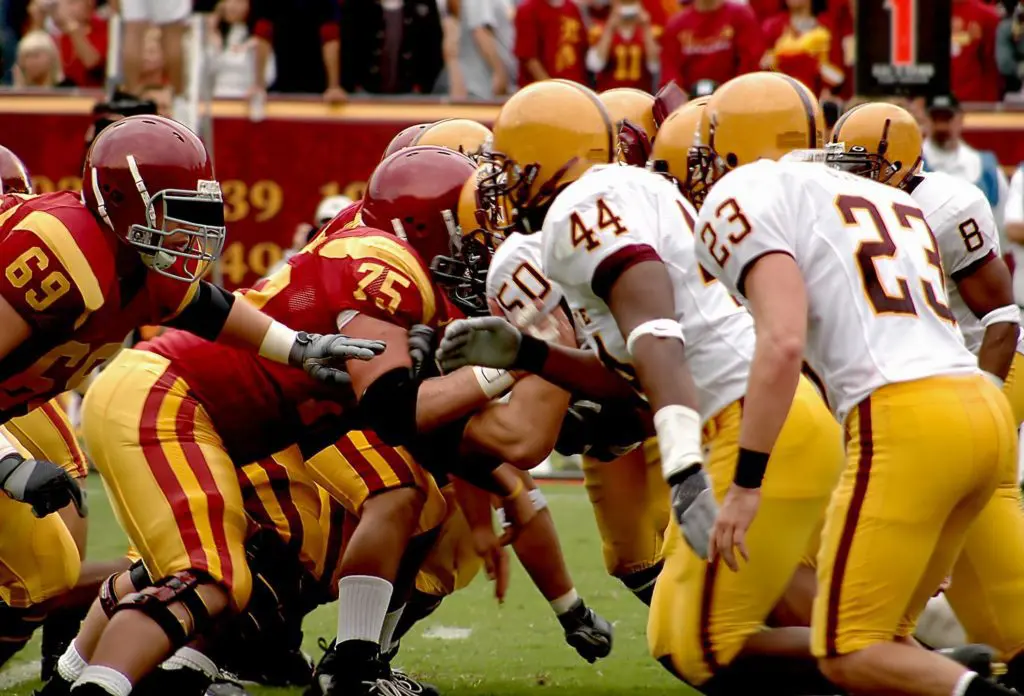The Either/Or Syndrome

We have become very polarized. Our country, as a nation, has become separated through divergent conversations, dialogues, and opinions more so than ever before. It seems to have been heading in that direction for some time, and the emergent participation in social media and less traditional news outlets has raised the volume on and exacerbated our differences. It’s actually gone beyond having different points of view ~ we have begun to dislike and isolate ourselves from those who disagree with us. We’ve become so divided that we’ve lost our ability to discuss, debate, and argue in a dignified way. It seems that we can no longer have differing points of view without it quickly spiraling into personal attacks and becoming offensive toward one another. I call this phenomenon “The Either/Or Syndrome.” How this translates as a practical matter is “it’s either my way (which is right), or it’s your way (which is wrong)” and there’s no room for anything else. We no longer look to find common ground and discover about what the other person’s thinking might be, and whether or not it has value for consideration. It is take it or leave it, and if you leave it, you’re an idiot and I’ll let you know that, too. We have become unsophisticated, awkward, mean, and sometimes vulgar with those whom we disagree.
Disagreement and debate are at the foundation and traditions of our culture. It’s what has allowed this country to grow, thrive, and keep itself in check for centuries. Yet that is very quickly disintegrating right before our eyes. President Bill Clinton shared a snippet from a book he read called The Big Sort, in which he pointed to this dilemma for us as a nation. He says,
“I read a book a couple of years ago that I recommend to people all the time called The Big Sort by Bill Bishop who is a journalist and, as it happens, a pretty progressive Democrat from Austin, TX. And what provoked him to write this book was his neighborhood in Austin lost its only Republican neighbor. And he loved this guy. And he talked about how their kids played together, and they took walks together. And how much he learned from their arguments, because they didn’t see everything the same way and how much it meant to him to know there was somebody he liked and respected and cared for that he could actually have an honest discussion where neither one of them would be completely predictable. But, he said, I was the only one of our neighbors who was nice to him. Now in their neighborhood in the 2004 presidential election Senator Kerry defeated Pres Bush 3–1. So, the republican guy moves out and moves into another neighborhood in Austin, TX where President Bush defeated Senator Kerry 4–1. And Bishop said, you know both of our neighborhoods were poorer for that.
He pointed out that in 1976 when Jimmy Carter and Gerald Ford had a razor thin election, which by the way ultimately culminated in a lifetime friendship between the two of them and lasted until President Ford passed away. But anyway, in that election ~ a 1% election ~ only 20% of America’s counties voted for one or the other of them by 20% or more. Which meant that in 1976, you could go into any coffee shop or hair salon or barber shop or bowling alley and have a conversation with people who didn’t necessarily disagree with you about what was going on in America.
By 2004, when President Bush won the closest re-election margin of any President since Woodrow Wilson in 1916, 48% of our counties voted for one or the other of them by more than 20%. That much movement. So, he said you know America’s making real progress, this Bishop guy said, we’re not as racist as we used to be, we’re not as sexist as we used to be, we’re not as homophobic as we used to be. The only bigotry we have left is that we just don’t want to be around anyone who disagrees with us.”
The link https://youtu.be/5rjOSfYc5yA
My guess is that you have experienced what Clinton is referring to. We don’t talk and discuss anymore. We speak and don’t listen. And somewhere in all that we miss the opportunity to discover our amazing ability to come to an agreement that’s workable for everyone. It’s as though we’ve taken on a childish style, “If I don’t get my way then I gotta make sure you don’t get yours.”
Everyone is familiar with the biblical story of King Solomon and the two women who had a baby and couldn’t decide to whom the baby belonged. The King, in frustration, offered his solution and told them they would just split the baby in half and share it. It was his way of showing them the absurdity of not being able to work it out or come to some acceptable solution. It seems that we are unwilling to consider any alternative other than “I’m right.”
For us, the solution to this lives in our ability to have a conversation in which we consider the other’s point of view as valid. Not right or wrong, just valid. In fact, just as valid as our point of view. And from there to begin to see what’s possible in a dialogue focused on what’s possible as the end result. Right now, our elected officials sit at a cool 15% approval rating, mostly because they don’t seem to get anything done, and this is because they disagree and won’t have the tough discussions that need to be had to get to a place where they can agree. So, the conversation shuts down and, just like children, they take their marbles and go home. We can’t let it be resolved as Bill Bishop, author of The Big Sort said, “The only bigotry we have left is that we just don’t want to be around anyone who disagrees with us.” It must start with each of us taking a stand to transform the conversation and return to civility.
Kevin Cullen is President of Leadera Consulting Group, specializing in producing breakthrough business results. If you want more on this conversation or the firm, contact us at Leadera Consulting Group.
Kevin Cullen: kcullen@leaderacg.com, cc: acook@leaderacg.com
